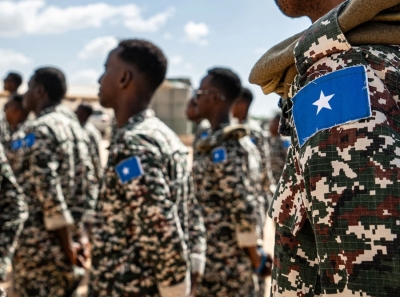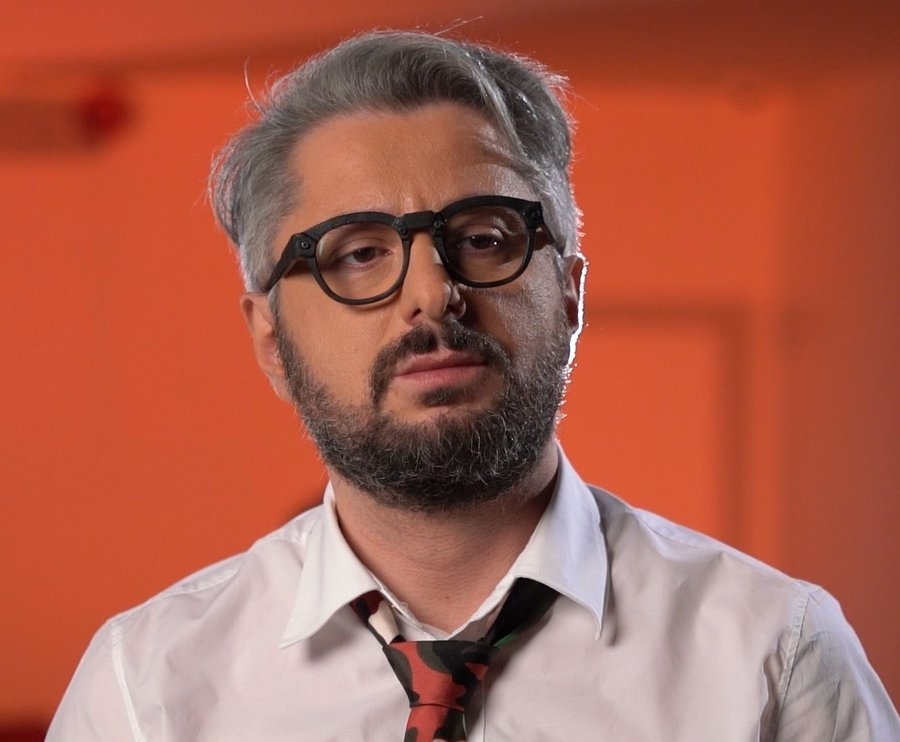Today the Supreme Court of Georgia declared inadmissible the cassation appeal and ruled to leave Nika Gvaramia in prison.
In May 2022, a court sentenced Nika Gvaramia, director of Mtavari Arkhi TV, a critical to the government TV channel, to three and a half years in prison for abuse of power and incarcerated him. In October 2022, the Tbilisi Court of Appeals rejected his appeal against conviction and sentence.
His lawyer, Dimitri Sadzaglishvili, brought the case at the Georgian Supreme Court. The court preferred pleasing the government that serving the Justice.
Nika Gvaramia remains in prison cell nr. 212.
Gvaramia is a leading opposition politician and journalist. He was elected to the Parliament in 2003 and was a leading personality of the United National Movement. He served as First Deputy Prosecutor General in 2007, in 2008, was appointed Minister of Justice, and then Minister of Education and Science until 2009.
A prominent journalist after the Georgian Dream seized power in 2012, Gvaramia was director of the Rustavi 2, which was an opposition TV station. As the broadcast aligned with government positions in 2019, Gvaramia left and became the general director of the pro-opposition Mtavari Arkhi (Main Channel).
As we wrote on April 20, 2023, the case against him seems absurd, and the sentence inflicted is disproportionate, revealing that the prosecution is politically motivated.
In a statement issued on November 2, the EU recalled that “stronger efforts to guarantee a free, professional, pluralistic and independent media environment, notably by ensuring that criminal procedures brought against media owners fulfill the highest legal standards,” represents one of the priorities identified by the European Commission.
In November 2022, the US Embassy in Tbilisi stated that “the continued imprisonment of Nika Gvaramia… puts at risk the clear choice of the people of Georgia – and Georgian leaders stated goal – for a more secure, democratic European future”.
There is no judicial independence in Georgia
On April 5, the U.S. Department of State sanctioned four Georgian judges for corruption: “These individuals abused their positions as court Chairmen and members of Georgia’s High Council of Justice, undermining the rule of law and the public’s faith in Georgia’s judicial system”.
The EU has called on Georgia to ensure a truthfully independent, accountable, and impartial judiciary and the government to respect the separation of powers.
However, the way City Court and the Court of Appeal handled Gvaramia’s case proves the high-level politicisation of the judiciary.
The decision of the Supreme Court explains why the US sanctioned the four Georgian judges.
The attack against and jailing of Nika Gvaramia reveal how the restriction of judicial independence and media freedom assault interact under the Georgian Dream party rule.
“Instead of the rule of law, they are guided by the rule of RU[Russia]”, tweeted Nika’s Twitter account.
The government undermines the EU future of Georgia
After the 2019 citizen protests and the 2020 elections, the ruling Georgian Dream party attacked Judicial independence and media freedom. In addition, law enforcement abuses remain unpunished, illegal surveillance is applied to opposition personalities and journalists, labour conditions worsen, and violence against women and LGBT people is widespread.
Recently, far-right and secrete service groups attempted to terrorise youngsters in camps and protesters in the streets of Tbilisi, the capital of Georgia.
The European Union warned the government of Irakli Garibashvili, a pro-Putin politician, that its deeds concerning the rule of law could cost Georgia its relations with the EU and consequently harm the economic and institutional modernisation of the country.
In June 2022, the European Council set 12 priorities identified by the European Commission that Georgia should fulfil before granting the EU candidate status. These priorities concern addressing political polarisation, strengthening independence and accountability of state institutions, ensuring an independent judiciary, guaranteeing media independence and pluralism, protecting the rights of vulnerable groups, and enhancing gender equality rights.
The government of Garibashvili did not fulfiled none of these priorities. It does everything possible to isolate the country from its natural partners, the EU member states, and lead it under the control of Russia.










